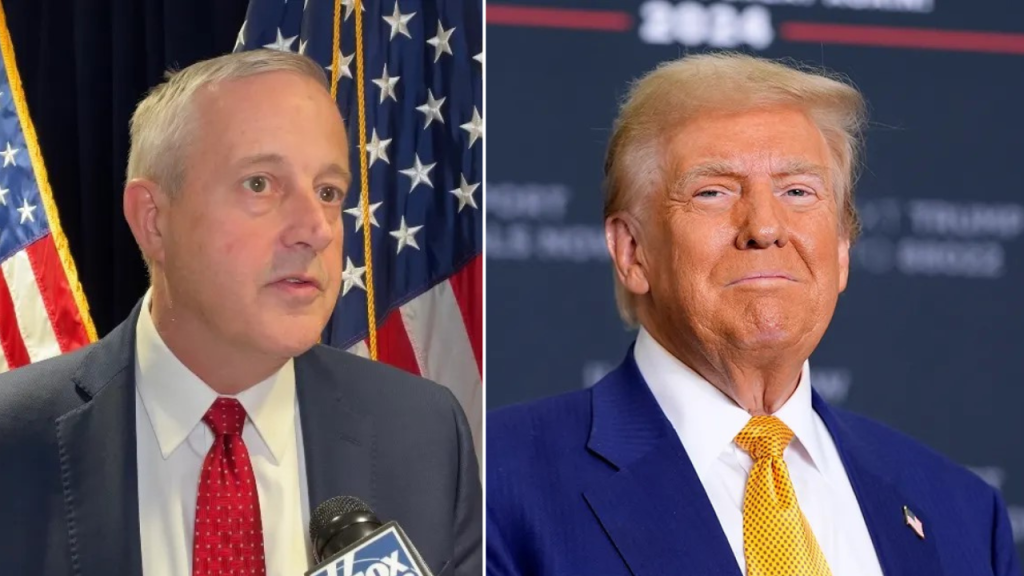The Republican National Committee (RNC), under the leadership of Chair Michael Whatley, is strategizing for the 2026 midterm elections, recognizing the historical trend of the party in power facing challenges in subsequent midterms. While former President Donald Trump won’t be on the ballot, Whatley asserts that Trump will play a “significant” role in supporting GOP candidates and driving the party’s agenda, which he believes will be crucial for maintaining control of both the House and Senate. Whatley highlights Trump’s influence as a key motivator for voter turnout and emphasizes the importance of continuing his “America First” agenda, characterizing Trump as the “tip of the spear” of a broader movement that has reshaped the Republican Party. This movement, according to Whatley, has transformed the GOP into a “working-class party” that actively engages with a wider range of voters across demographic lines.
Whatley’s strategy hinges on replicating and expanding the successes of the 2024 election cycle, where Republicans secured the presidency, flipped the Senate, and retained their House majority. This involves building on the existing ground game, focusing on low-propensity voters, and continuing outreach to communities traditionally not aligned with the Republican Party, such as Black, Hispanic, Asian American, young, and women voters. These efforts, Whatley argues, led to significant shifts in voter demographics towards Trump in 2024 compared to previous elections. He believes that maintaining this broad-based appeal will be essential for victory in 2026.
Fundraising is another key component of the RNC’s strategy. While acknowledging that the Harris campaign and the Democratic National Committee outraised the Trump campaign and the RNC in the last cycle, Whatley expresses confidence in the Republicans’ ability to compete effectively for campaign funds in the upcoming midterms. He plans to leverage Trump’s victory and the party’s legislative goals to attract donors, emphasizing the need to maintain congressional majorities to advance Trump’s agenda.
Whatley also defends the effectiveness of the RNC and Trump campaign’s ground game during the general election, highlighting their focus on low-propensity voters and a new system implemented for voter outreach. He emphasizes the importance of these voters in midterm elections and plans to continue developing programs targeting this demographic. He also points to the significant outreach efforts towards diverse communities as a key factor in shifting voter demographics toward Trump in 2024, a strategy he aims to continue for future elections.
Regarding the 2028 presidential race, Whatley affirms the RNC’s commitment to neutrality in the primary process. He expresses excitement about the potential Republican candidates, mentioning governors, senators, House members, and leaders involved in the 2024 campaign as possible contenders. He acknowledges the growth of the “America First” movement beyond Trump himself, highlighting Trump’s role in transforming the Republican Party into a working-class party with a broader appeal. This transformation, Whatley believes, positions the party well for future success.
Finally, addressing the presidential primary calendar, Whatley indicates satisfaction with the current structure, contrasting it with the DNC’s changes to the 2024 calendar. He states that he hasn’t encountered any push within the Republican Party to alter the primary lineup, expressing confidence in the existing system while acknowledging the possibility of future discussions regarding the 2028 calendar. This suggests a focus on stability and continuity within the RNC’s approach to the presidential nominating process, unlike the more dynamic approach taken by the Democrats.

